What is Mindfulness?
The concept of mindfulness has been making serious waves in the business and education sectors lately. This is because the profound benefits of a clear, focused, and in-tune mind are finally making their way into mainstream culture.
Today, pioneering corporate, nonprofit, and educational leaders are encouraging employees and executives alike to learn the fundamentals of mindfulness. From one-on-one coaching sessions to company-wide conferences, Kim Hill is changing the landscape of this self-actualizing strategy. That being said, you may still be asking yourself: what exactly is mindfulness?
Mindfulness Defined
Quite simply, mindfulness is being fully cognizant of yourself (both mentally and physically), your environment, and the present moment. Through this improved sense self-awareness, we can react and respond more appropriately to a given stressful situation, whether it involves another person’s feelings and actions, or simply is due to a stroke of misfortune or temporary hardship.
Every human is capable of being more mindful. There are a multitude of techniques and strategies which may be tailored to any individual looking to find a clearer mind. Many of these methods are forms of meditation, some in the traditional sense of the word and others that may be more suitable for contemporary on-the-go culture.
Mindfulness techniques can be integrated into a person’s preexisting passions and practices, such as yoga, sports, exercising, and many other forms of activity. Mediation may be done during a meal, while laying down, on a walk, and even before bed.
In its essence, mindfulness involves taking time to come into fuller awareness of your surroundings, your body, and your place in the present moment. Through posture practices, meditation, guided breathing, and many other techniques, you can find blissful instances of calm which, with practice, will eventually last longer and ultimately integrate into your everyday life.
Benefits of Mindfulness
While mindfulness is an age-old practice, there is new research that provides empirically supported benefits of mindfulness. Some of the advantages of meditation and mindfulness practice include:
- Improved cognitive flexibility
- Improved emotional Intelligence
- Improved focus
- Improved productivity
- Improved relationship satisfaction
- Improved working memory
- Reduced anxiety
- Reduced body aches
- Reduced emotional reactivity
- Reduced feelings of loneliness
- Reduced rumination
- Reduced stress
Collectively, mindfulness strategies enable us to achieve a higher quality of life. If you’re interested in incorporating successful mindfulness strategies into your workplace, educational institution, or organization, click the button below to contact us about our speaking events, coaching sessions, and retreat



